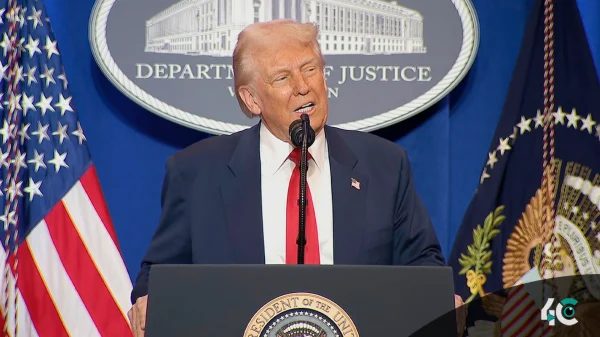Coinbase, the largest cryptocurrency exchange in the US, plans to revamp its token listing process. CEO Brian Armstrong has advocated for a comprehensive overhaul of the process, citing the rapid increase in token generation.
In a recent X article, Armstrong addressed the issues caused by the huge volume of new tokens issued each week—approximately one million. He stressed that the current method of manually analyzing each token is no longer feasible.
“We need to rethink our listing process at Coinbase, given there are ~1 million tokens a week being created now and growing,” stated Armstrong in an email. Armstrong advocated for a shift from the allowlist approach, where each token requires personal approval, to a blocklist system that prioritizes the exclusion of harmful tokens.
There is a shift towards automation and customer input.
Armstrong described a scenario in which automated scans of blockchain data and consumer feedback would play an important part in token appraisal. This strategy seeks to streamline the process while allowing consumers to make educated choices.
Coinbase may use automated technologies and on-chain analytics to better weed out unscrupulous actors, allowing real assets to gain traction. Armstrong predicted that this shift will lead regulators to embrace more practical frameworks for the fast-increasing cryptocurrency business.
Mixed Industry Reactions
The proposed adjustments have prompted debate among the cryptocurrency community. Justin Sun, the founder of Tron, attacked Coinbase’s current listing standards, noting that Tron (TRX), a popular cryptocurrency, had been under review for seven years without being listed. Sun also accused Coinbase of charging high fees for listing TRX.
Meanwhile, crypto influencer Ansem proposed that Coinbase engage industry veterans to speed up the token evaluation process, claiming that experienced individuals could swiftly identify the most promising tokens.
Decentralized and centralized integration
Armstrong also announced intentions to further integrate Coinbase with decentralized exchanges (DEXs). He anticipates a future in which users would not have to distinguish between deals conducted on decentralized or centralized systems. This hybrid paradigm, which combines centralized control with decentralized security, has the potential to improve user experience while meeting regulatory compliance.
The Road Ahead
Coinbase’s projected transition to a blocklist approach, as well as tighter integration with DEXs, constitutes a significant shift. These modifications aim to enhance the efficiency, security, and user-centricity of token management in the rapidly evolving cryptocurrency market.
As the bitcoin market evolves, Coinbase’s capacity to adapt and innovate will become increasingly important in preserving its industry leadership. By embracing automation, client input, and hybrid trading models, the exchange is preparing for a future of flexibility and efficiency.













































